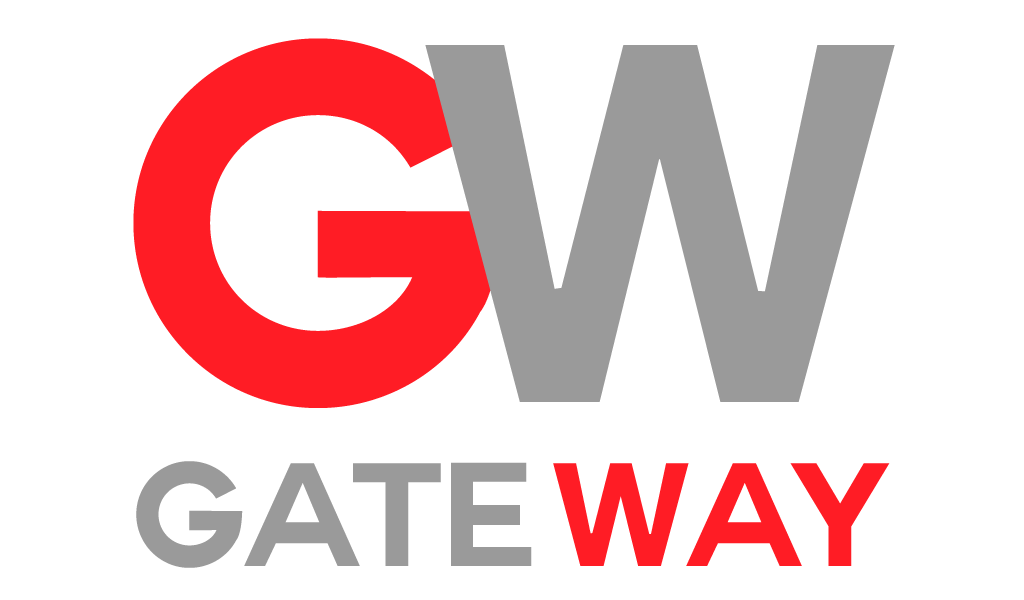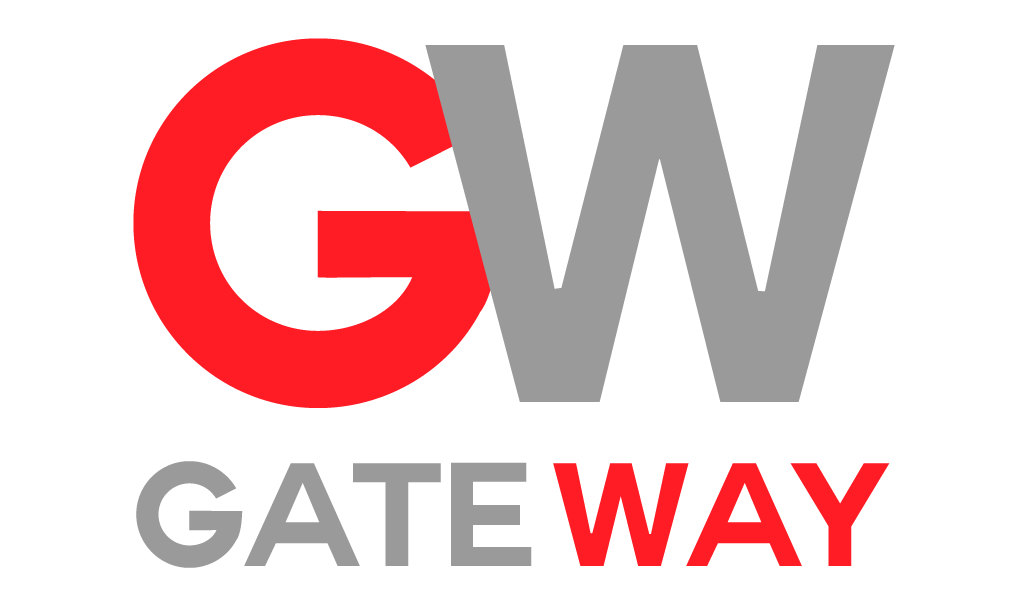
My thanks to Blessing N. Ikiseh and her academic note here for both the title to the blog post and much of the seeding material to get the post written.
Femi Otitoju stated ”if you have a brain, you have a bias”. Unfortunately, this is where it gets complicated because even if you acknowledge the truth in this, it’s often easier to ignore your bias and resist change.
Bias by its very nature is favouritism, a rather base emotion that has no place in the workplace.
Resistance to change is well documented in organizational development. There are a number of reasons listed below and some thoughts on how to overcome them and encourage people to face up to their biases and make that unconscious bias more conscious.
Personally, I’m developing a very strong bias against typing the word “conscious”, it’s tough!
So why do people resist change and address organizational and personal bias?
- The perception of reduced job security and status. This ties in strongly to the second point but it’s important that if you’re going to address bias at the interview (which is my thing because of what I do for a living) then you should view it as a piece of a bigger puzzle, a coherent Diversity, Equity, Inclusion, Belonging strategy. That’s a good place to start getting buy in.
- Poorly defined or recognized rewards for implementing. To put it another way, it’s one thing to say, “we’re going to introduce a DEI program” but it has a whole new importance when you say “we’re going to introduce a DEI program because we’ll make more money and you’ll get a pay increase and a higher year end bonus”.
- Herd Mentality. It’s ironic that organizations that aren’t diverse often resist diversity precisely BECAUSE they aren’t diverse. Mazlow’s Hierarchy of Needs Theory says that humans have an innate need to belong to a tribe. We all know that but Mazlow formalized it and came across as the smart person in the room. This is the bit where middle aged white guys like me look for what we have in common not what we don’t. That can start building bridges to encourage diversity in an organization.
- Trust. Any organizational psychologist or business coach will tell you how valuable trust is in the workplace. If you’ve played team sports to a high level you understand the need for trust. If your organization has low levels of trust, you have bigger problems. If the trust is there then you have a strong foundation to move forward with any DEI program.
Of course, any DEI strategy starts with the “D”, without diversity there can be no equity or inclusion.
To get an idea of how we at Gateway can help you in searching for and selecting diverse candidates in a legal and ethical manner take a look at this video (https://l6j.72f.myftpupload.com/diversity-recruiting/).

